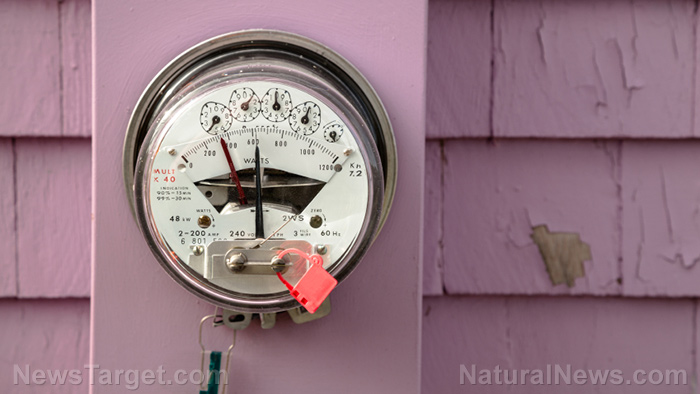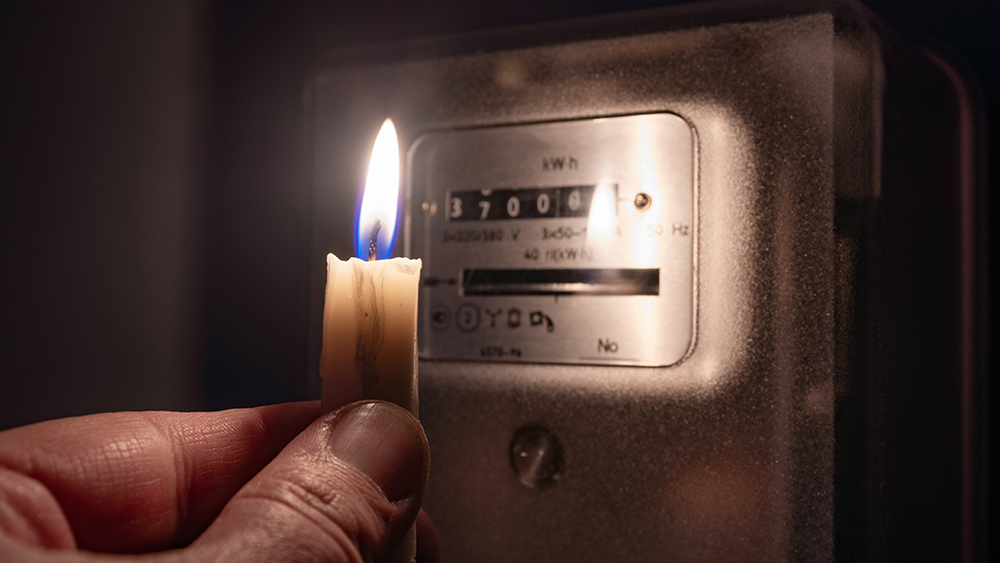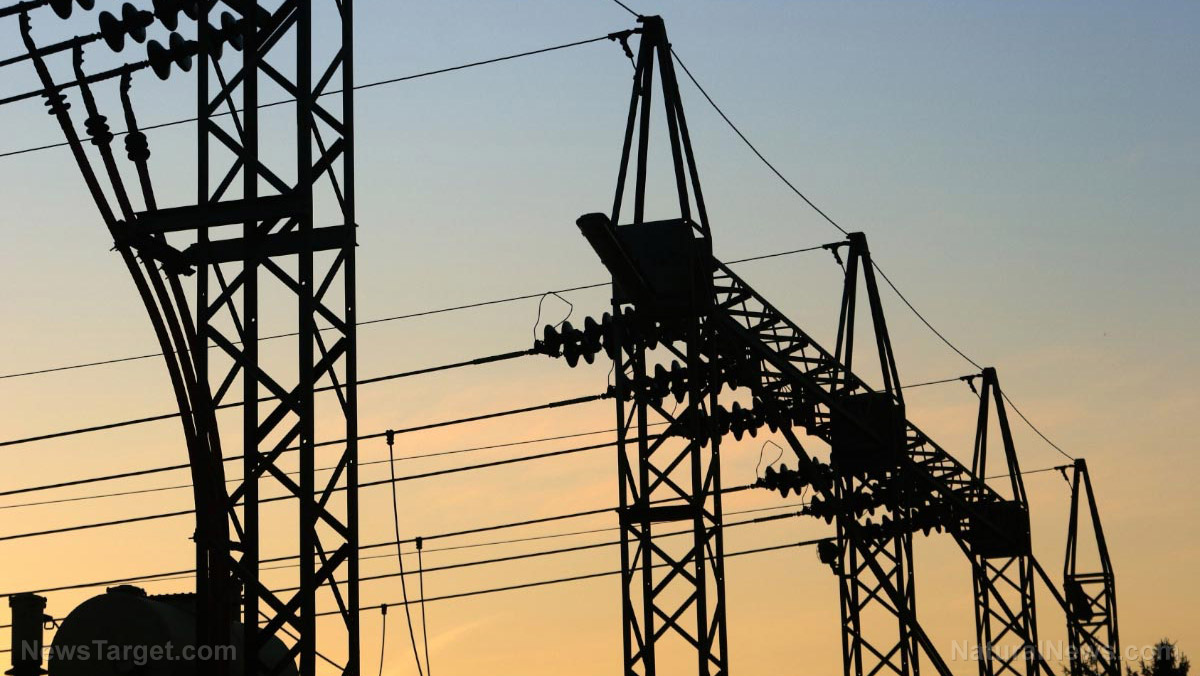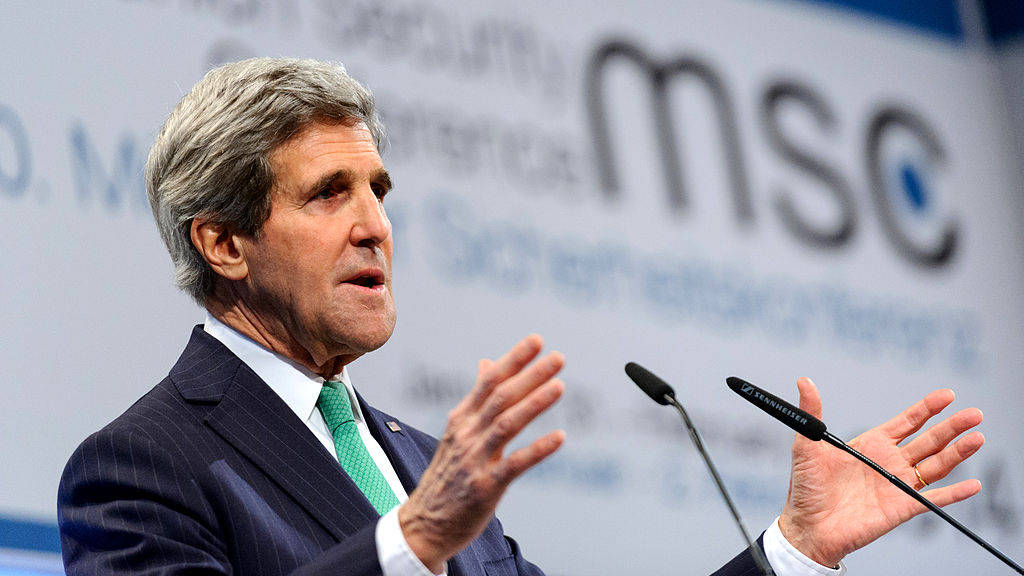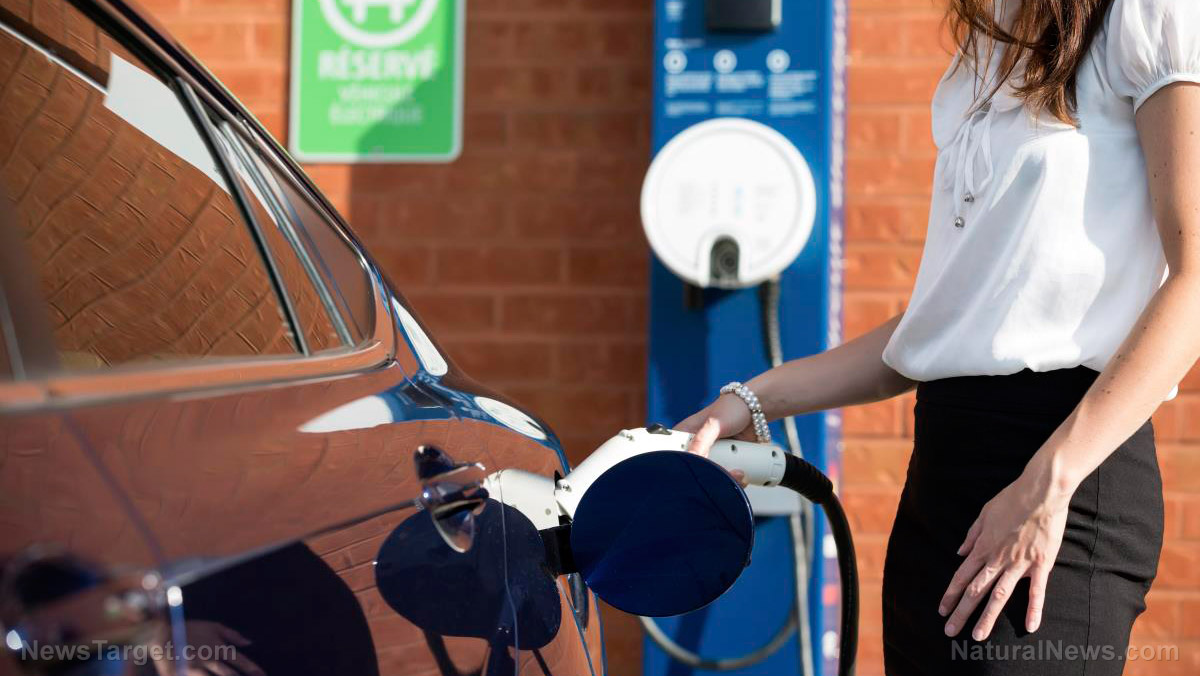Dannar, BMW combine to launch a mobile power station carrying EV battery packs
10/20/2023 / By Laura Harris

U.S. company Dannar and renowned automaker BMW have combined their expertise to launch a mobile power station carrying electric vehicle (EV) batteries.
In 2015, Dannar and BMW co-developed BMW i3 EV batteries, a “first-of-its-kind electric heavy-duty vehicle for infrastructure maintenance and disaster response,” designed for road applications. By 2017, Dannar launched its Mobile Power Station off-road work vehicles equipped with BMW i3 EV batteries. (Related: Tesla to expand lithium refining capacity to meet growing demand for EV batteries.)
Dannar’s Mobile Power Station, which allows owners to use the same vehicle for different tasks and adapt to different seasons, can carry multiple BMW i3 battery packs on board.
In 2020, the AFWERX energy innovation challenge, a technology transition initiative of the U.S. Air Force, expanded into a major Department of Defense (DoD) project under the banner of the Defense Innovation Unit (DIU).
Recently, DIU announced the Extended Duration for Storage Installations (EDSI) project, a joint initiative between the Air Force and the Navy. This project aims to showcase three new technologies for extended-duration energy storage: Dannar’s mobile lithium-ion EV batteries and stationary flow batteries from CellCube and Redflow.
The EDSI project seeks to enhance the resilience of backup power systems at DoD installations and operational energy platforms by increasing the minimum power threshold and uptime, allowing them to stay online. The project also emphasizes reducing power inputs and draws during peak demand.
Dannar contributes four different configurations of its i3 EV battery solution to the EDSI project. These vehicles operate in support of new electric vertical takeoff and landing (eVTOL) aircraft at two Air Force sites and participate in a vehicle-to-grid/vehicle-to-vehicle resilience evaluation initiative at three sites under the Navy and Marine Corps.
According to AFWERX Agility Prime Engineer Brooke Ezell, the new energy storage tech will help fix the problems in current electrical systems; handle issues with electric air taxis’ energy and charging; and allow more daily flights of these taxis using cleaner energy sources.
This does not change the fact that state governments need billions of dollars to achieve their EV goals
Still, state governments need billions of dollars to achieve their EV goals. A study paid for by the California Public Utilities Commission has found that California alone will need to invest $50 billion by 2035 to upgrade its electricity distribution system for EVs.
This investment is significantly higher than the current spending levels on distribution grids and could potentially be even greater, depending on the speed of EV adoption.
Aram Shumavon, CEO of Kevala, a grid-data-analytics startup, said predicting EV uptake is an intricate task, making it “incredibly difficult” for utilities to prepare adequately.
Furthermore, the analysis indicates that without significant grid expansion, utilities risk overloading a substantial portion of their distribution lines, which would disrupt the power supply to homes and businesses.
To avoid this, they may be compelled to delay new EV connections until they can upgrade their grids – a costly delay that could hinder the state’s progress in vehicle electrification.
Learn more about the hidden cost of electric vehicles at RoboCars.news.
Watch this video that talks about whether the U.S. power grid can handle the EV boom.
This video is from the Daily Videos channel on Brighteon.com.
More related stories:
Manufacturing EV batteries in EU “practically unviable” due to soaring energy costs, says Volkswagen.
EV COLLAPSE: Car dealerships are now rejecting EV deliveries due to low sales.
China’s sodium-ion batteries to replace lithium batteries in EVs.
EV COLLAPSE: Electric vehicle manufacturer Lordstown Motors files for bankruptcy.
Sources include:
Submit a correction >>
Tagged Under:
BMW, Dannar, Department of Defense, electric vehicle, electricity, energy consumption, energy supply, EV battery, EVs, future tech, Glitch, green living, Green New Deal, innovations, inventions, investment, mobile power station, power, power grid
This article may contain statements that reflect the opinion of the author
RECENT NEWS & ARTICLES
Electricity.News is a fact-based public education website published by Electricity News Features, LLC.
All content copyright © 2018 by Electricity News Features, LLC.
Contact Us with Tips or Corrections
All trademarks, registered trademarks and servicemarks mentioned on this site are the property of their respective owners.

